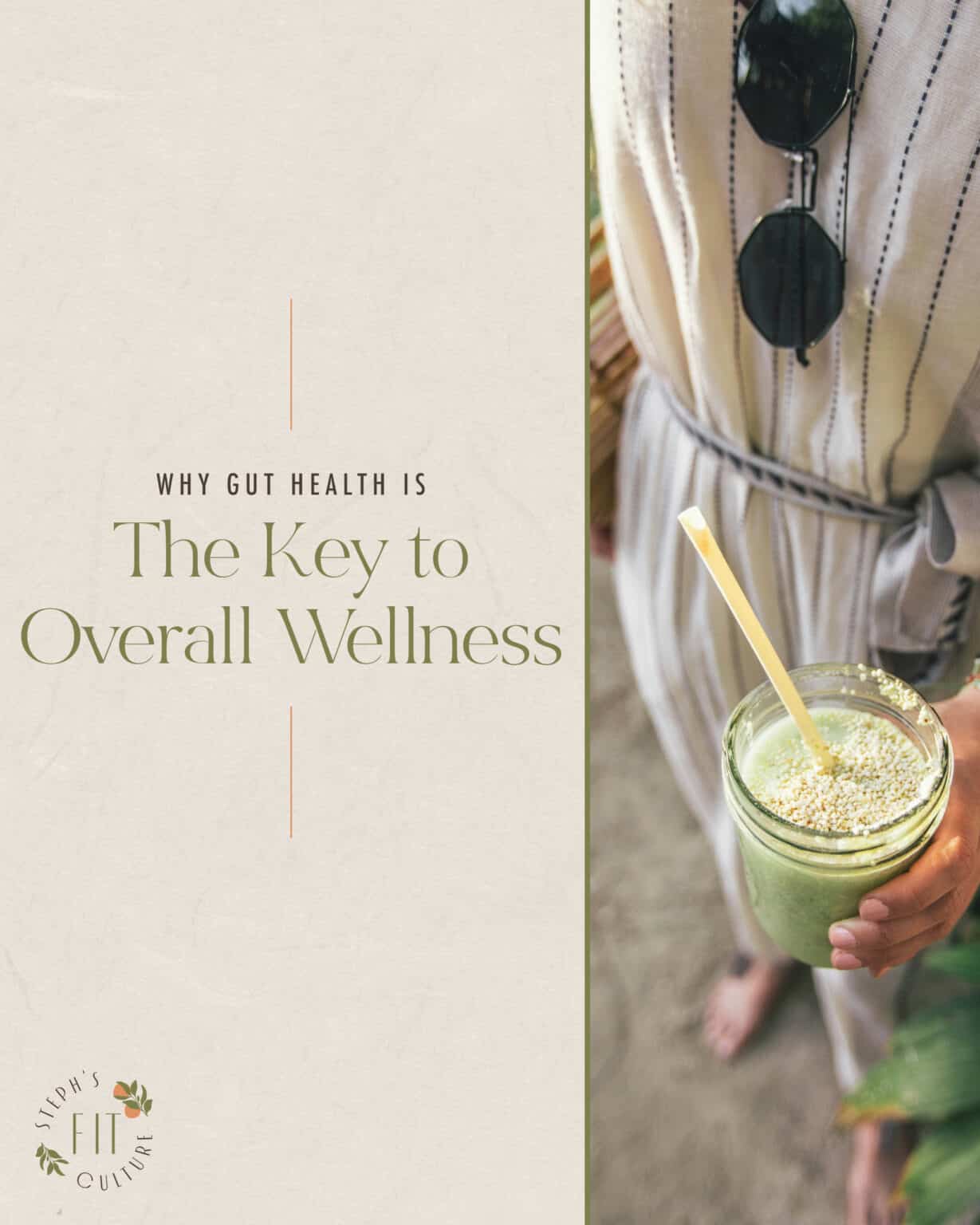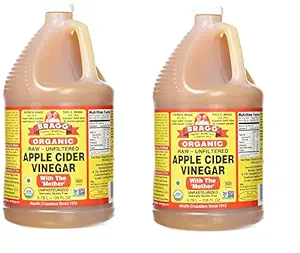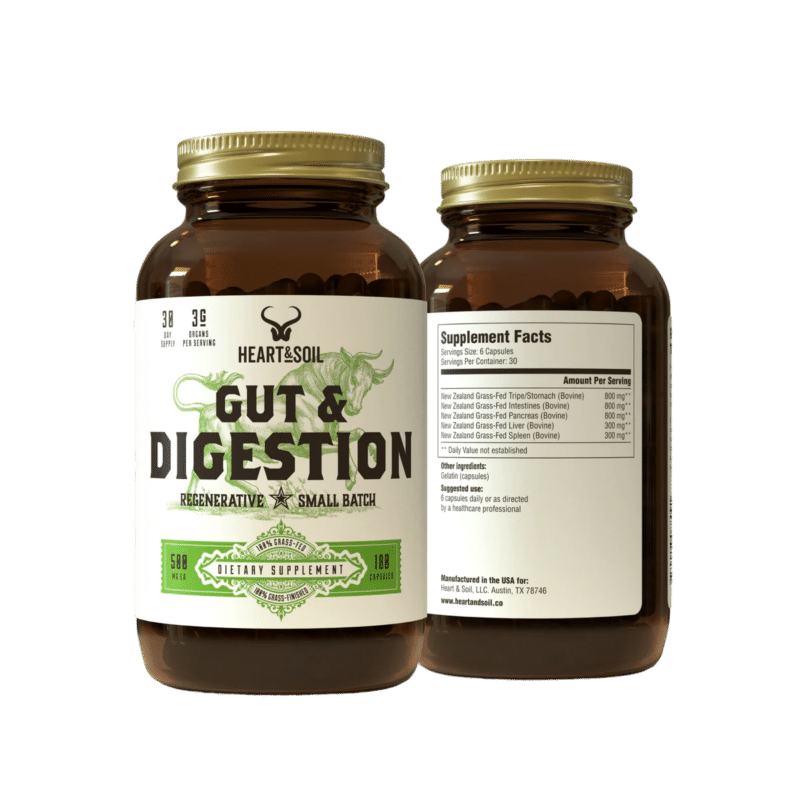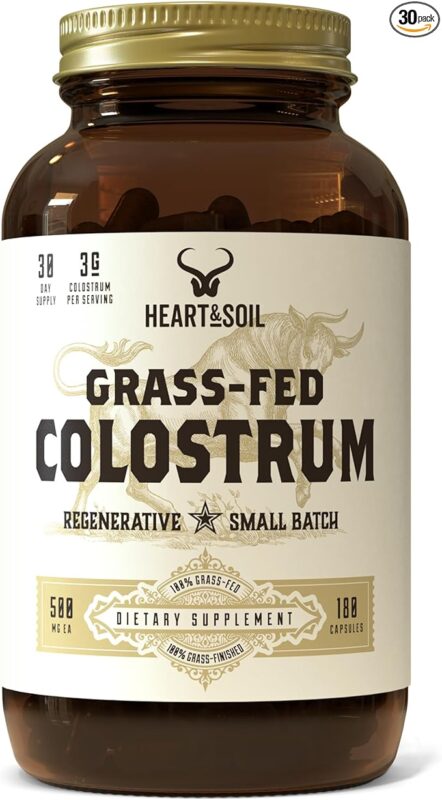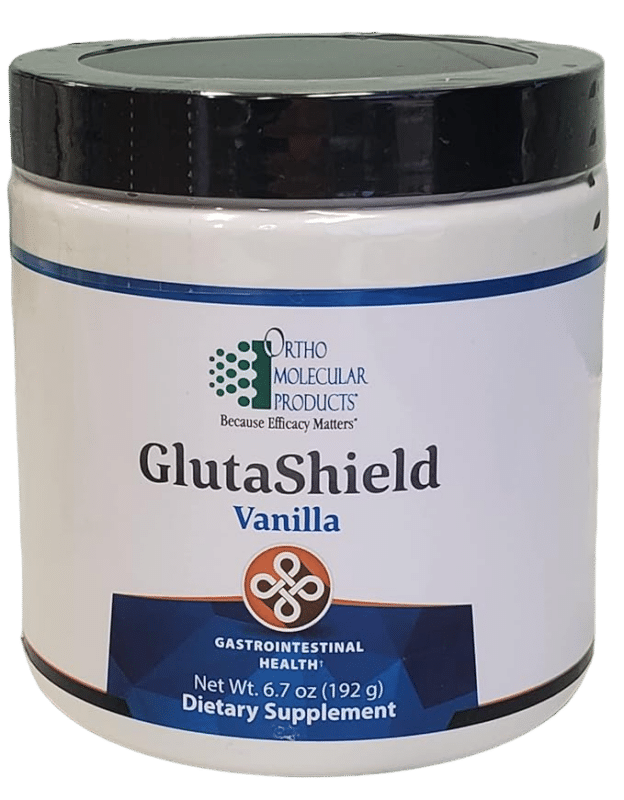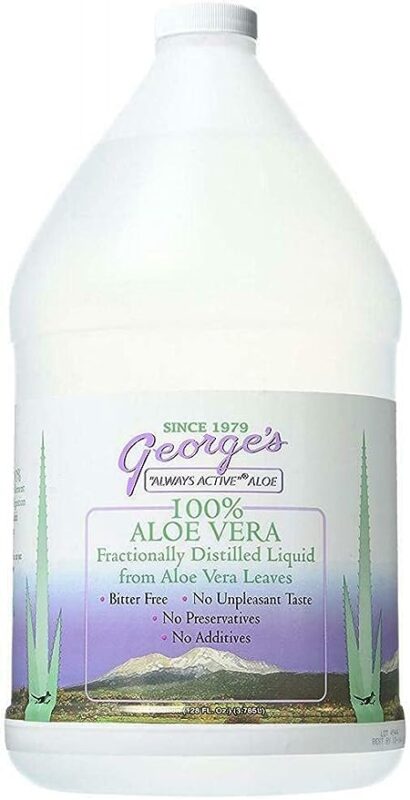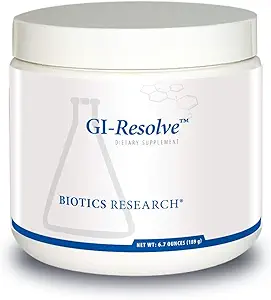One of the main factors in choosing a plant-based and gluten-free diet stemmed from years of stomach issues that had plagued me from an early age. Once I changed my diet, I rarely experienced stomach pain, indigestion or reflux and sticking to this way of eating became easy because I felt so much better. However, after a recent bout of the stomach flu, combined with having to take some antibiotics, the past month has been a real struggle to regain my gut health and the pain I experienced was reminiscent of life before I ditched dairy and gluten (I’m super allergic to both).
The past month has been a major reminder that health is our greatest asset and without it, it is hard to enjoy life. While my stomach pain has consumed a lot of my energy the past month, I did learn a lot about gut health and found some amazing supplements and tools that have helped me on the road to recovery. The journey to regaining my gut health was a reassuring reminder of how powerful our bodies are and the importance of finding the right supplements and tools to help you heal and reset.
So, today, we’re embarking on a journey deep into the intricate world of gut health – a topic that holds a lot of power if you want to live a healthy and radiant life. From digestion to immunity, your gut orchestrates a symphony of health and without it, trust me, life isn’t too enjoyable!
Why Gut Health Matters
Our gut, often referred to as the “second brain,” plays a crucial role in our overall well-being. Your gut is like a bustling metropolis, teeming with trillions of microscopic inhabitants that each play a vital role in our physiological harmony. Efficient digestion and nutrient absorption are orchestrated here. Additionally, approximately 70% of our immune system resides in the gut, making it a frontline defender against infections and diseases. Gut health also influences our mood, stress levels, and overall mental well-being. Furthermore, a well-functioning gut reduces chronic inflammation, which is linked to various health issues. Your gastrointestinal system is not only responsible for taking in and processing nutrients, it also serves as the communication center and disease fighter for your body.
Signs of Poor Gut Health
According to the National Institutes of Health, digestive diseases affect 60 million to 70 million Americans, ranging from gallstones and irritable bowel syndrome (IBS) to Crohn’s disease and ulcerative colitis. Gut-related issues span beyond your GI tract and common signs of an unhealthy gut may show up as digestive discomfort, such as bloating, gas, constipation, or diarrhea. When certain foods trigger unwelcome reactions, your gut might be trying to tell you something.
If you’re experiencing chronic fatigue and low energy levels, your gut health might be at play. Skin issues like acne, eczema, or unexplained rashes can also be linked to gut imbalances. And don’t underestimate the gut’s impact on your mood – mood swings, anxiety, and depression may be connected to an unhappy gut. Some of the most common symptoms that are often overlooked as signs of poor gut health include chronic pain in the body, weight loss, inflammation, fatigue, insomnia, migraines and even diabetes.
Factors Influencing Your Gut
Several lifestyle and dietary factors can disrupt the delicate balance of your gut health. So, avoid these common gut disruptors:
- Antibiotics: While they’re essential for treating infections, overuse or misuse can harm both harmful and beneficial bacteria.
- Processed Foods: Highly processed foods, laden with sugar, additives, and preservatives, disrupt the delicate balance of your gut microbiome.
- Chronic Stress: Stress negatively impacts gut function.
- Lack of Fiber: Insufficient fiber affects gut diversity.
- Excessive Alcohol: While we all like to unwind with our favorite cocktail, its important to know that all alcohol damages the gut lining and alters microbial balance.
- Artificial Sweeteners: These sneaky additives that you may not even notice as ingredients in processed foods, disrupt gut bacteria.
- Inadequate Sleep: Poor sleep affects gut repair.
- NSAIDs (Nonsteroidal Anti-Inflammatory Drugs): These pain relievers can harm the delicate gut lining.
- Lack of Fermented Foods: These promote beneficial bacteria.
- Environmental Toxins: Exposure to pesticides, pollutants, and heavy metals can disrupt your gut harmony.
I think it is important to also add here the prevalence of leaky gut syndrome. Inside our stomachs, we have an intestinal lining that covers more than 4,000 square feet of area. When the lining is working properly, it forms a barrier that dictates what is able to pass from the stomach to your bloodstream. If you have an unhealthy gut lining, you might have holes that allow partially digested food and/or toxins to get past the barrier, leading to inflammation and a degradation of your microbiome and normal bacteria that helps keep your gut healthy. A leaky gut can lead to issues in your digestive track and affect your overall health in a negative way.
There is strong evidence that leaky gut syndrome is brought on by diet and lifestyle and that processed foods, sugar, alcohol, saturated fats and stress are the heavy hitters to your gut lining. Increased gut permeability plays a major role in celiac disease, Crohn’s disease and irritable bowel syndrome. There is also growing evidence that a leaky gut may play a role in autoimmune diseases, fibromyalgia, arthritis, allergies, chronic fatigue syndrome, asthma, and acne.
Strategies for Gut Health Rejuvenation
While these gut challenges can seem overwhelming, there are things you can do daily to fortify the strength of your gut.
- Probiotics: These friendly bacteria are like VIP guests at your gut party. Invite them in by consuming yogurt, kefir, sauerkraut, or other fermented foods.
- Prebiotics: Think of prebiotics as the gourmet buffet for your gut microbes. Feed them with foods like garlic, onions, bananas, and whole grains. They’ll multiply to create a harmonious gut symphony.
- Liquid Aloe vera taken daily helps to improve digestion, support healthy blood sugar levels and improves oral health. (George’s Aloe Vera is my personal favorite).
- Taking 1 tablespoon of apple cider vinegar (mixed with some water) before each meal helps facilitate digestion.
- High-Fiber Diet: Fiber isn’t just for regularity – it’s the fuel for the gut flora. Load up on fruits, vegetables, and whole grains.
- Stay Hydrated: Water isn’t just for quenching thirst; it aids digestion and nutrient absorption.
- Manage Stress: Your gut feels stress too. Practice mindfulness, yoga, or meditation to soothe both mind and gut.
- Exercise Regularly: Physical activity isn’t just for toned muscles; it benefits gut health too.
- Limit Antibiotics: Use them judiciously. Remember, antibiotics can disrupt the delicate microbial balance. Sometimes less is more.
- Avoid Artificial Sweeteners: Opt for natural alternatives. Artificial sweeteners may throw a party for the wrong crowd in your gut.
- Listen to Your Body: Your gut communicates through subtle signals. Pay attention to how different foods make you feel.
While the above tactics are ones that I employ daily, I had to add some supplements to my daily routine in order to heal my gut and get back to feeling healthy. While I try to avoid animal based products, some of the supplements that have been effective at healing my gut issues did have some high quality animal ingredients. In researching the best supplements for gut health, I came across Heart & Soil. They source high quality animal organs from regenerative farms in New Zealand and while this grosses me out, I have to say that I felt better within a few days of taking their Gut & Digestion and their Grass Fed Colostrum supplements. Another amazing product was GlutaShield which is thankfully vegan and helps promote the health and barrier function of the gastrointestinal lining. GI Resolve from Biotics (also vegan) was also very helpful in supporting healthy digestion and also helps to strengthen the intestinal lining.
While I tried to take it easy the past month, I did have a few social obligations and had a cocktail here and there. In order to offset the damage, I added Acid Kicking Alcohol drops to my drink to neutralize the acidity of the alcohol and its effect on my gut health. During the past month, I had to give up my latte and swap it for a matcha and I have to say, I may never go back to coffee. My favorite matcha is from Cymbiotika!
As we wrap this up, it is important to remember that wellness isn’t about quick fixes or trendy fads. It’s about cultivating a relationship with your body and finding what your body needs in order to heal. I hope you all stay curious, stay well, and keep nourishing that ever so important gut of yours!

